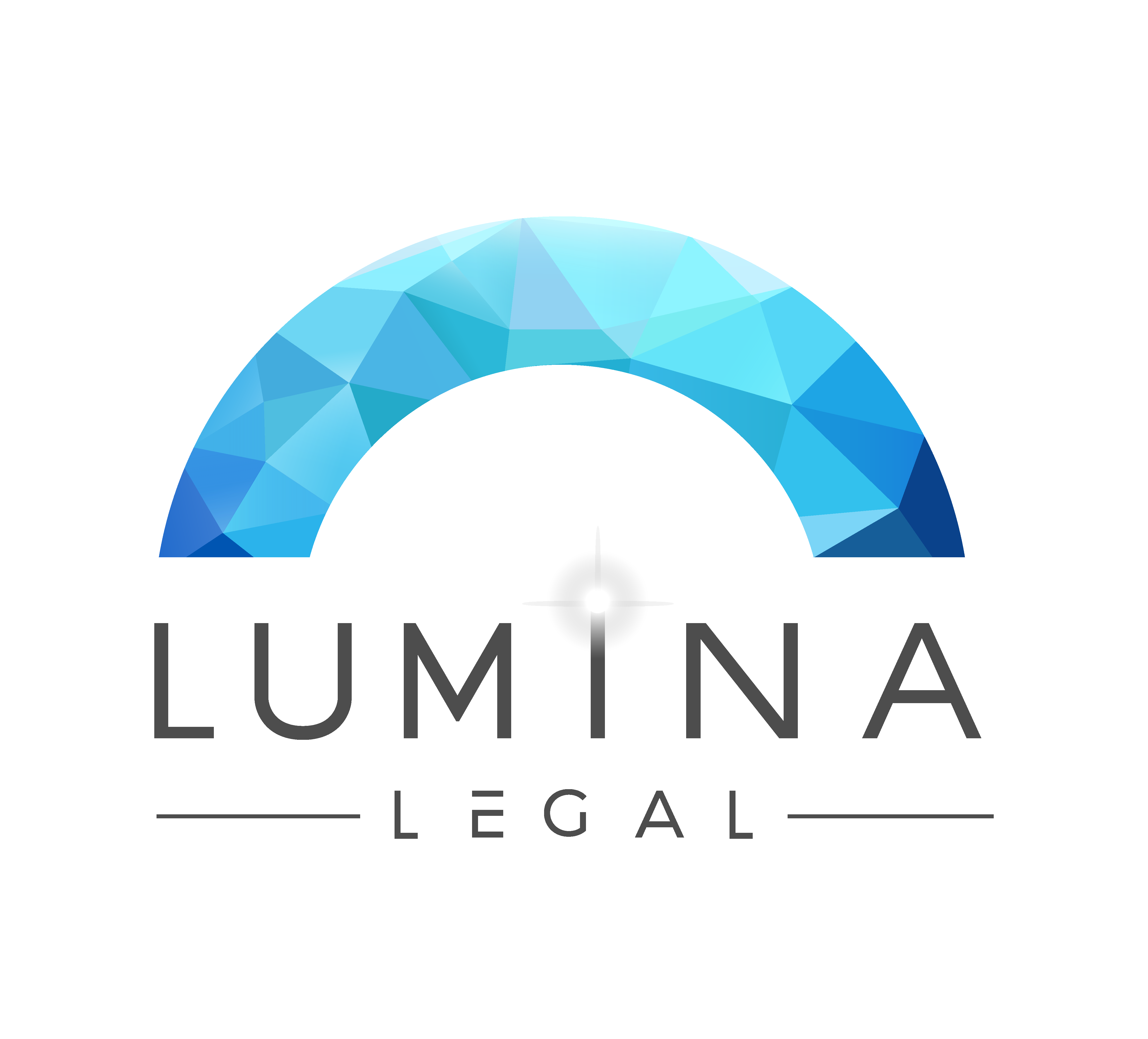Choosing the right legal business structure is one of the most important steps when creating your company. Whether you’re just starting or you’ve outgrown your initial model, be sure to understand the options available before making the choice that best suits your plans.
If you are starting a business in Seattle WA, it is important to understand the different business entities at the beginning of the process. Here at Lumina Legal, we specialize in business law services, and we highly recommend either an LLC or a corporation. In this blog, we will compare the two business structures and explain why.
What are the different types of business entities?
- Limited Liability Company (LLC)
- Corporation
- Sole Proprietorship
- Partnership
What is an LLC?
An LLC, or limited liability company, is a business entity that offers its owners’ limited liability protection. This means that the owners of an LLC are not personally responsible for the debts and liabilities of the business. An LLC can be a great choice for business owners who want to protect their personal assets.
What is a corporation?
A corporation is a business structure that is regulated by the state and registered federally with the IRS. It offers its owners limited liability protection, meaning that they are not personally responsible for the debts and liabilities of the business. Owners of a corporation hold ownership in the form of shares of stock. Corporations are a more rigid business structure than an LLC and require more administrative formalities to maintain the structure.
LLC vs. Corporation
So, which is right for you?
An LLC is a more flexible business structure than a corporation, and it can be structured in a variety of ways. Additionally, an LLC is not as tightly regulated as a corporation. This allows the owners to incorporate the LLC easily, maintain less compliance paperwork, and manage the business with fewer restrictions. Additionally, LLCs benefit from pass-through taxation, where the LLC’s profits pass through to each owner’s individual tax return. The LLC is not taxed as a business entity, meaning that the owners can avoid double taxation. This makes an LLC a good option for small businesses that won’t have many investors and don’t plan on going public.
A corporation is a more complex business structure to set up and maintain, but it can offer benefits. A corporation allows the owners to sell small pieces of ownership as stock to multiple different owners. Owners can offer the company stock as an incentive to employees or to access capital by selling stock to investors.
Although there is additional flexibility in some areas, a corporation does also come with additional restrictions. As a corporation, owners must manage the company through a board of directors, keep record of board meetings, issue annual reports, and follow the rules set out in the company bylaws. A corporation is also subject to double taxation by paying taxes at the corporate level as well as shareholder level, based on their percentage of profits earned. Each of these factors make a corporation better suited for companies that plan to grow and seek investors to raise capital.
Which business structure is right for me?
If you are starting a small business, then an LLC may be the best choice for you. However, if you are starting a larger business, then a corporation may be the best choice for you.
Ultimately, the decision about which business structure to choose depends on your specific business needs. If you are unsure about which business structure is right for you, it is advisable to consult with a business attorney or accountant. If you are a small business or owner/operator, you may want to consider consulting with a small business lawyer
Sole Proprietorship or Partnership
A sole proprietorship is very popular among small business owners. A sole proprietorship arises automatically when someone begins a business, and there is no registration required. However, there are several negative aspects of a sole proprietorship that business owners should be aware of.
The first downside of a sole proprietorship is that the business owner is personally liable for any debts or liabilities incurred by the business. This means that if the business fails, the business owner’s assets may be at risk.
A business partnership is created automatically like a sole proprietorship but is formed when two or more non-married owners join forces to engage in business. Partnerships are exposed to the same negative aspects as sole proprietorships.
First, business partners are personally liable for any debts or liabilities incurred by the business. This means that if the business fails, the business partners’ assets may be at risk. Additionally, business partners are subject to joint and several liabilities. This means that each business partner is liable for the debts of the business, even if they did not personally incur them.
Let’s Wrap up.
The right business law firm can help you choose the right business structure for your business and can also assist with the formation of your business. Business law firms can help you navigate the complex legal landscape of business ownership and can provide valuable guidance as you grow your business.
If you are still unsure, it is best to consult with the top business lawyer Seattle WA has to offer, Lumina Legal, to help you decide which business entity is right for your business. We can also assist with any legal challenges your current business may be facing.
FAQ
What is a business lawyer?
A business lawyer is a lawyer who specializes in business law. They can provide guidance and assistance with a variety of business-related legal issues for business clients of all sizes, including business formation, contract negotiations, and disputes. Most business attorneys offer a full suite of legal services for every type of business. Some even offer a free consultation.
What is a business lawyer?
A business lawyer is a lawyer who specializes in business law. They can provide guidance and assistance with a variety of business-related legal issues for business clients of all sizes, including business formation, contract negotiations, and disputes. Most business attorneys offer a full suite of legal services for every type of business. Some even offer a free consultation.
What does a business lawyer do?
Business lawyers help companies handle the legal issues that a business faces. Business lawyers can help company owners navigate through their activities in order to reduce the risk of costly legal mistakes. From incorporation to merger and acquisition through to bankruptcy, a business’s life cycle is easier with the help of an attorney.
What are the most common types of business law services?
Here are some of the most common types of business services:
- Employment law
- Immigration law
- Consumer goods sales
- Contract drafting/negotiation
- Taxes
- Intellectual property
- Bankruptcy
- Antitrust laws
- Lawsuits


Recent Comments